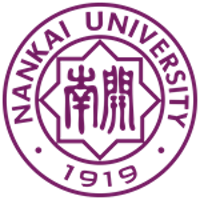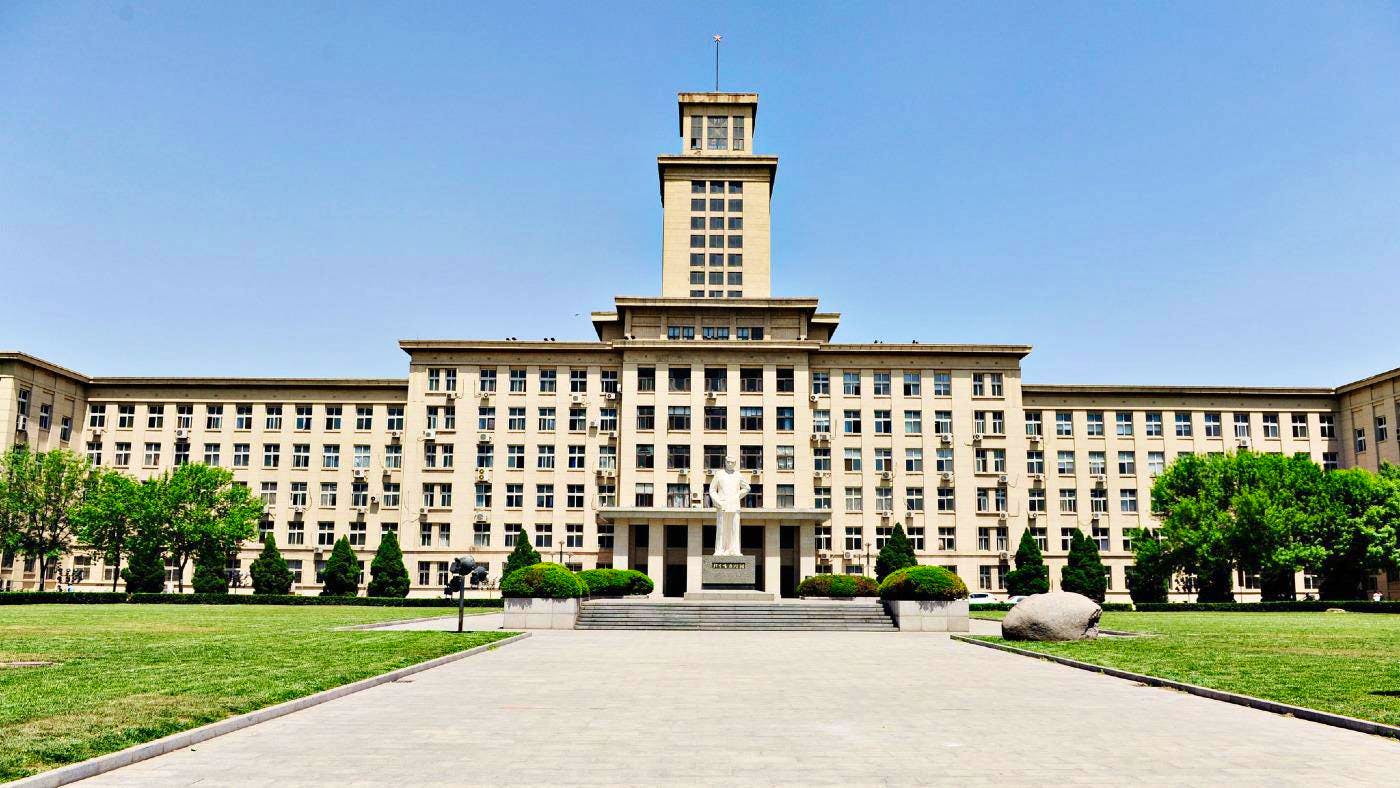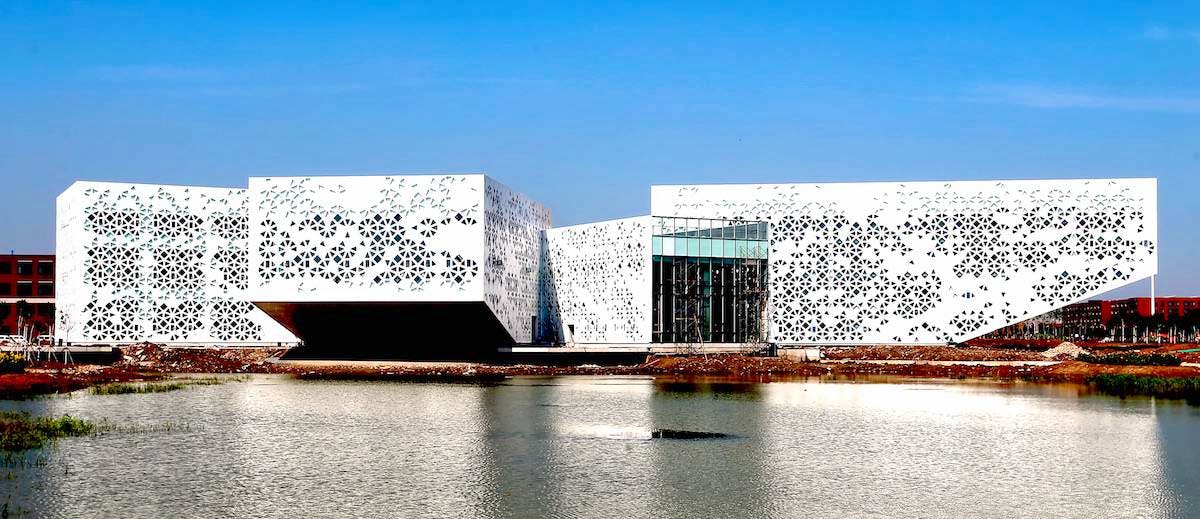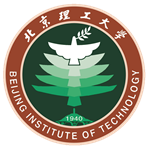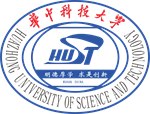Nankai University was established as a private university in 1919 and began teaching using a mixture of Chinese and western methods. The university excelled in sciences initially, and became one of the most famous private universities in China as it developed through the 1920-30s. Among its first intake was the first Premier of the People’s Republic of China, Zhou Enlai, whose statue you can see at the South Gate near to the Yiyuan accommodation building.
The university is now ranked in the top 10 public universities in China, with its mathematics, chemistry, history and business/economics programmes rated as some of the best in China. The student population is around 23,000, of which 10,000 are studying post-graduate courses, and around 10% are international students.
About Tianjin
Tianjin is just 30 minutes by high speed train from Beijing and is China’s sixth largest city, with 16% annual economic growth – the fastest for any region in the country. Home to more foreign businesses than Shanghai, Tianjin also boasts the only Airbus manufacturing plant outside Europe. 285 Fortune 500 companies have a presence here – including LG, Samsung, Toyota and Coca-Cola.
Tianjin has a higher GDP per capita than both Beijing and Shanghai and five-star hotels are opening on a monthly basis and recent additions include the Ritz-Carlton and Banyan Tree. Tianjin also hosts a number of international festivals, including the annual dragon boat festival and the international beer festival.
The international airport has flights to Hong Kong, Kuala Lumpur, Seoul and major Chinese cities.
University Library Services
As part of your orientation programme, you will be shown how to use the libraries and locate key resources. Nankai has four main libraries and a number of resource centres across its campuses. The university library collection totals 3,822,000 volumes and 30 terrabytes of e-books. There are a number of special collections and reference books to meet both academic and research needs and a book circulation service allows students to access the titles they need for a prebooked duration – minimising the number of textbooks students need to buy.
There are a range of online and digital resource centres specialising in different disciplines and quiet spaces set aside for private and group study.
Multipurpose‘Smart’Campus Card
On arrival, you will be issued with a multi purpose smart card. This will not only act as your student ID, but also doubles up as an access swipe card for libraries and teaching buildings, a top-up credit card for campus canteens and supermarkets, which can also be used for city transport (buses, subways and taxis).
Computer Facilities
When you arrive at the university you will be given an internet account which allows you access to over 100 library computers and the campus wifi.
Each school has a dedicated IT suite, which is available to students from Monday to Friday. There are wireless hotspots across the campus, including wifi zones in a number of the university’s cafés and bars – all offering free wifi for students.
Sports Facilities
Nankai University has an olympic-size swimming pool and a well-equipped outdoor stadium and running track, as well as a range of soccer and basketball courts. There are over 100 tennis, table tennis and badminton courts for students to access.
You will also find the university has sports clubs to most tastes –including of course, high quality Kung-Fu and Tai Chi clubs.
Show less
